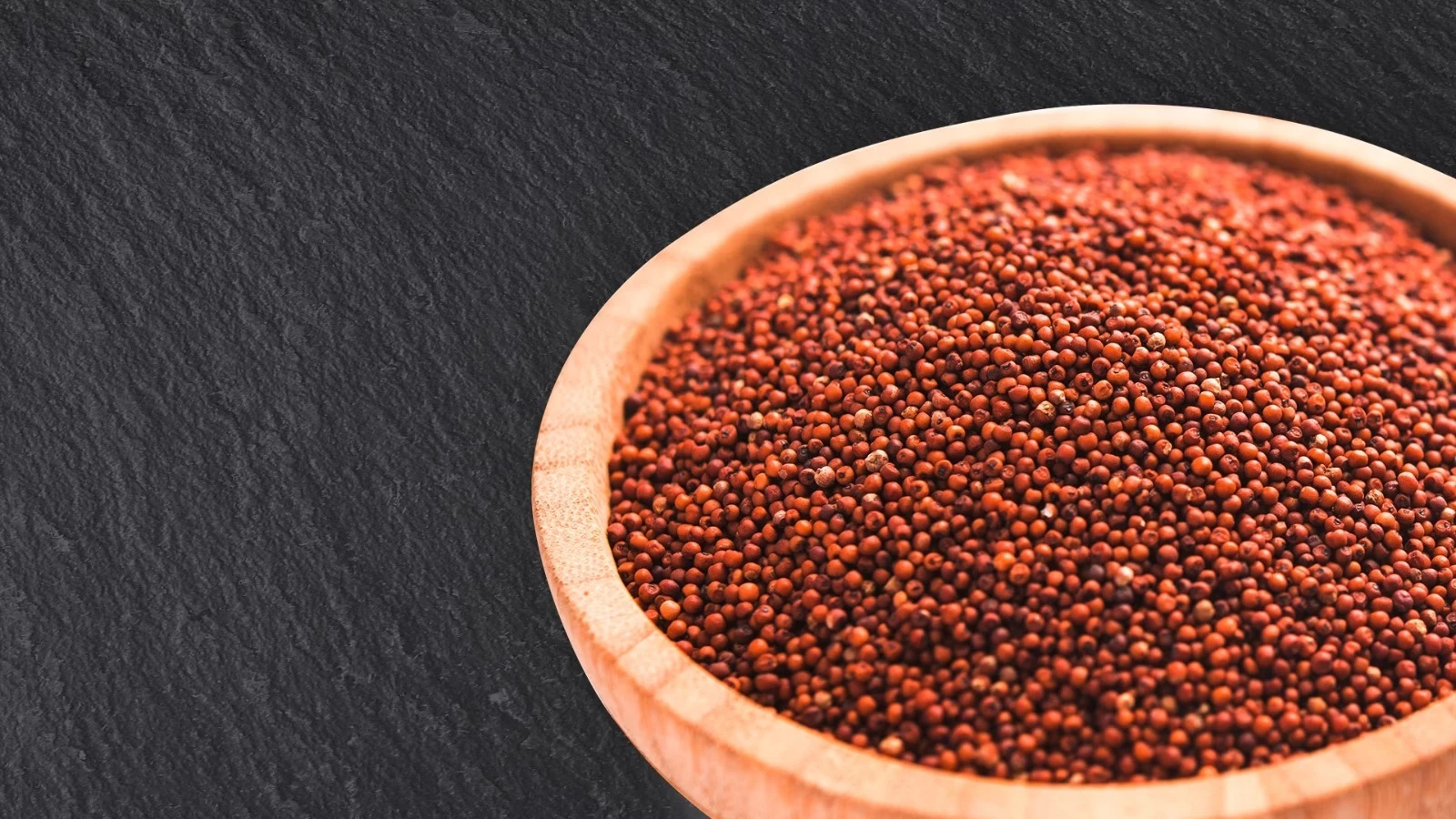Research centre develops nine finger millet varieties

THE Tanzania Agricultural Research Institute (TARI) Uyole centre in Mbeya Region has produced nine varieties of finger millet that are to be registered before being distributed to farmers countrywide.
The move is part of the TARI centre to increase the production of the crop.
The seeds have been researched in various regions including Singida, Rukwa, Katavi Songwe and Mbeya where it alleges that farmers are involved in choosing the varieties that they think are suitable before being sent to Tanzania Official Seed Certification Institute (TOSCI).
Dr Denis Tippe, TARI Uyole centre director unveiled this here yesterday when speaking to farmers who visited the centre to learn ways to boost finger millet.
He said that they decided to research the seeds with an aim to revive the crop which in recent years had started to disappear because many farmers were not producing.
Dr Tippe said that they collected types of various genetics from various places including some from East Africa and the research was funded by the Norwegian government.
He said that the crop is one of the natural crops that are of great economic and health importance and therefore, he asked the farmers to be authentic about the cultivation of the crop in order to elevate themselves economically.
“Finger millet is very crucial crop for human health particularly for children and the elderly, this is due to the fact that the crop has high nutrition of zinc and iron minerals which are very essential, that is why millet porridge is consumed with many people,” Dr Tippe emphasised.
Dr Tippe added that due to the importance of the crop, its market surpasses others, therefore, he urged the farmers, especially those in the Southern Highlands Regions, to get excited about the millet cultivation so that they can gain economically.
He hailed the government for assisting in carrying out the research, appealing that the research is important for the economy to people, the nation and even the health of the people.
Some millet farmers in the Southern Highlands regions, said that the crop is important to them because it does not rot or be attacked by insects as it is the case with other grain diseases.
Elisha Sheyo, is one of the farmers from Ileje district who said that millet production is different from other crops because it does not cost as much as other crops; adding that the crop tolerates drought and any kind of weather, so they produce it without using energy and high costs like other crops.
“You can harvest and store it for up to five years and not spoil it, so when the market is bad, you store it until the market is good, then you sell it, but other crops like corn, which are usually harvested,” Sheyo explained.
Another Farmer, Mawazo Nzowa said that previously they were cultivating the crop in small quantities and they were producing more for making alcohol, but through the education they received from TARI researchers, they have found out that it is used for other activities.
Nzowa said that now, they have found that the crop can be produced commercially and it will benefit them economically adding that when the time comes to select the type of seeds they want to be registered they will participate in the exercise.
Top Headlines
© 2025 IPPMEDIA.COM. ALL RIGHTS RESERVED






















